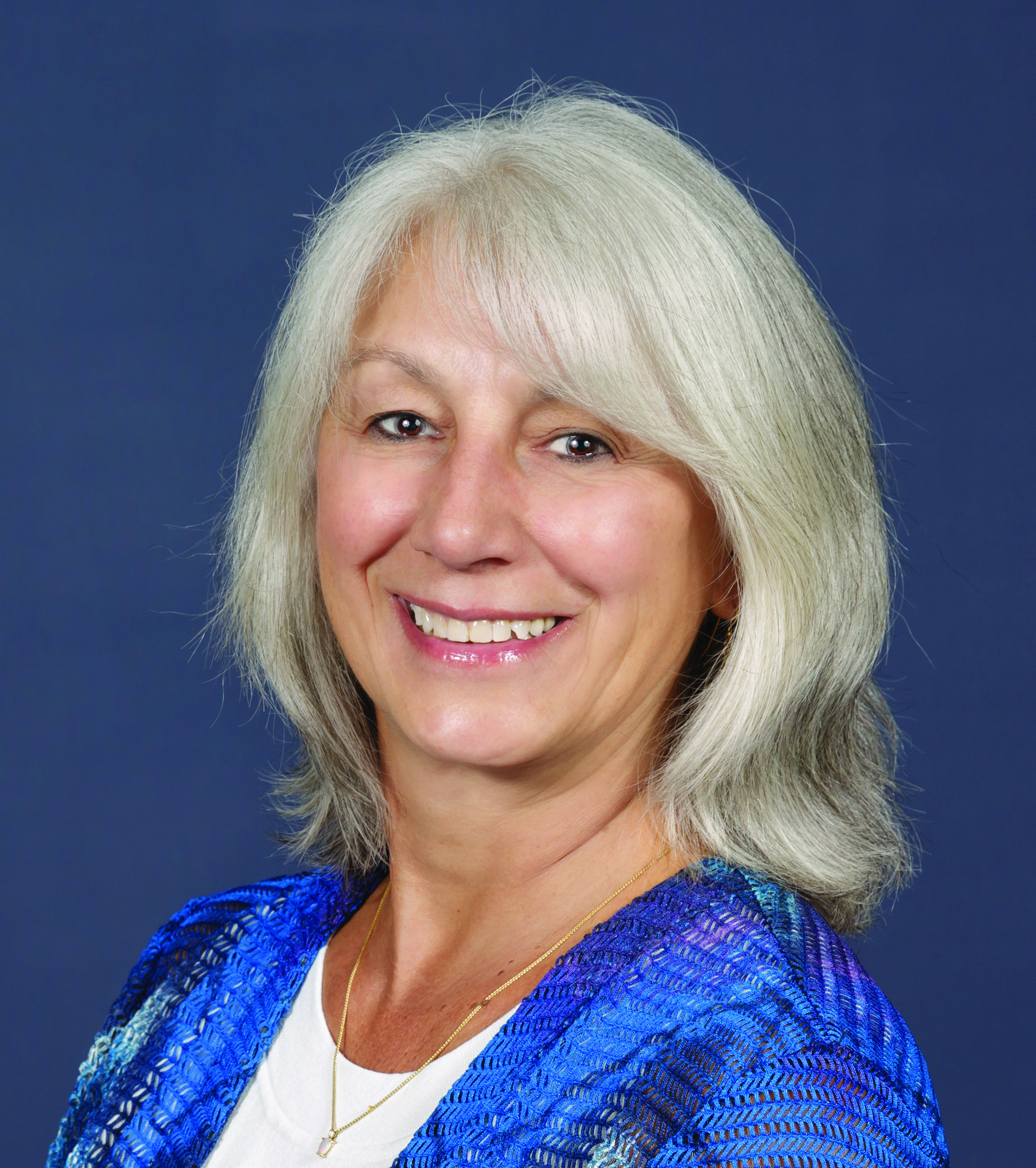You said what? Not hearing can have unintended consequences
reaching implications.
If you, or someone you know has a hearing loss, here are some of the symptoms and their associated consequences that you should be aware of;
Anger, stress and loss of alertness that affect your daily activities. These may progress into more serious outcomes such as physical safety in completing daily activities.
Withdrawing from conversations or discussions. This may create a feeling of isolation by not admitting you can’t hear or fear of appearing weak or helpless, you just stop socializing with others.
Depression or being sad and lonely. It can creep up on you from being isolated, and may result in not only lack of socialization, but other personal risks like unhealthy eating and unintentional weight loss, sedentary days with no exercise that can create weakness and eventually loss
of independence.
Signs of dementia. Even with moderate hearing loss, research shows the cognitive loss triples the risk, and a severe hearing loss increases dementia risk by five times. Muscles atrophy when you don’t use them-so does your brain when you have hearing loss.
approximately be a tenth of the cost of traditional hearing aids. The Senate voted 94-1 to pass it, and the president signed it into law. This bi-partisan support will have a life changing effect for millions of Americans. For those with mild to moderate hearing impairment, this legislation will ensure that these hearing aids meet the same high standardsas all FDA-regulated medical devises.
and wearable.
Where to start when purchasing or helping your senior purchase a hearing aid:
Visit an audiologist. There may be a reason for the loss of hearing that a hearing aid
can’t fix.
Don’t buy a cheap, low-quality hearing aid. These just amplify all the sounds making hearing conversations more difficult.
Seek out options. If you can’t afford to buy a good hearing aid or need a referral, consult
these resources.
Lions Club. For information, call Sharon or Greg Hart at
540-955-6229. Each Lions Club is independently run, and they each have ongoing relationships with audiologists in the local areas where you live. The Lions Club has access to help make hearing aids available and help reduce costs. They provide a free service with The Sight and Hearing Mobile Screening Unit which is outfitted with two vision screening stations, two hearing booths with new state-of-the-art audiometers, and one station for
glaucoma screenings.
Starkey Hear Now. The program helps low-income clients with the purchase of a hearing device. Call 800-328-8602 or email hearnow@starkeyfoundation.org, or visit www.starkeyhearingfoundation.o
Audient. An alliance for accessible hearing care, Audient provides low-income hearing care through a network of providers – 866-956-5400 or go to www.audientalliance.org .
Social Services in Clarke County. Call the agency at
540-955-3700.
Shenandoah Area Agency on Aging. Call 540-635-7141 or visit www.shenandoahaaa.com.
for batteries.
kcifala@gmail.com.















